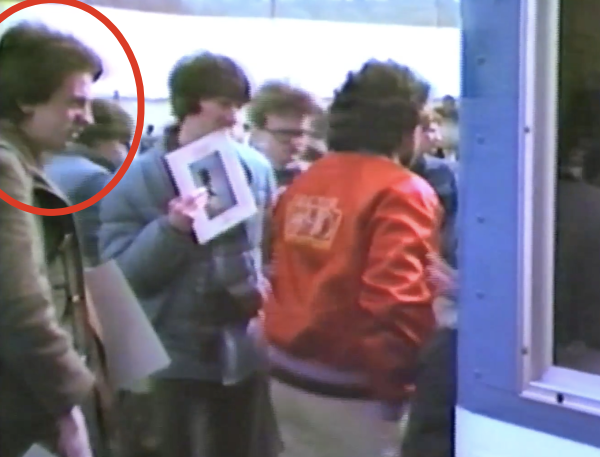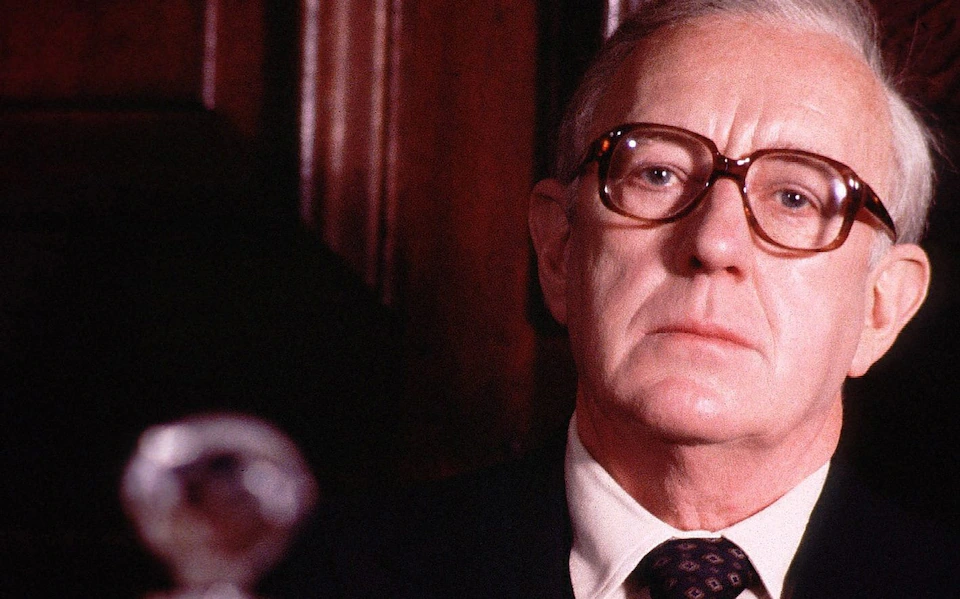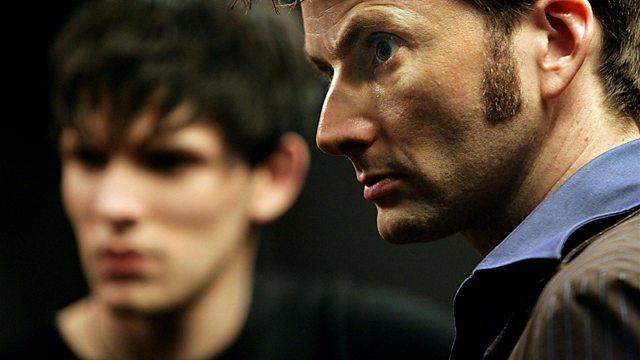I have a ferociously sore thumb and I have to tell you that because despite all claims to the contrary, you wouldn’t notice, you couldn’t tell, since it does not stick out.
But it’s funny I should use the word “stick”. I got this pain because I have been holding a pencil, really a stylus, and handwriting on a device called a Note Air2. I’m reviewing it, actually I’m mostly liking it a great deal, but I also had a Secret Plan.
I was going to handwrite my next novel.
All of it.
I’ve friends who handwrite their first drafts of anything, then type them up later. Usually I figure I don’t have the time, and besides, I like typing, I think through the keyboard. But I see their point about it being just you, the pen and the paper, or in this case a screen.
I see the point about how the paper isn’t going to interrupt you with a notification. And I very, very much see the point about how when you type it up later, you are not just copy typing, you are already editing and changing and improving the work. You’re already taking it from a first draft to a, I don’t know, draft 1.5. Or at least 1.2. Something like that.
So.
I’ve been mithered over a novel for months. I wrote a 100,000-word one over COVID and then threw the lot away immediately afterwards because it was, in technical terms, utter shite altogether.
Since then I’ve tried salvaging the one decent paragraph and the one half-good joke from it, but that’s gone nowhere. And then a couple of weeks ago, practically minutes before this review Note Air2 arrived at my door, I had a new idea. Totally new novel.
So. I’ve got the idea, I’ve got this thing, I’m also going to be away on one of those there holiday things I’ve read about all my life, I felt sure that this was it, this was my time.
I handwrote about 50 words last night. It wasn’t even the novel, wasn’t even some notes about the novel, it was purely and solely playing with the Note Air2 to see how it worked. To see how you handwrite on it, most definitely how you erase your rubbish, and then things like how you set it to lined paper, and then no, narrower lines than that, please.
Plus.
This thing has a handwriting recognition feature. That alone is enough to make me crack knuckles and say good luck to it, but actually, give this thing some credit. This device was better able to read my handwriting than I was.
So I considered all of this a giant success, but since I was in bed, since it was late, I thought that was enough so I swiped away from what I was writing and instead got back to reading Crime and Punishment on the same device.
It’s not the laugh-a-minute thrill ride musical I’d been expected, but still it’s good, I read on far too late, I consequently slept in far too long, and I have had a throbbing sore thumb all day.
I thought it was RSI. Until I found it eased when I typed, and when I picked up that stylus to handwrite the words CHAPTER ONE, I yelped in pain.
So.
I have handwriting no human being can read, including me. I type something like eight times faster than I can scrawl by hand. And it is physically painful for me to handwrite.
It’s not as if I think the world will weep, but I’d like to be able to hand write more. And for some reason, this novel feels locked into handwriting. I don’t know why that could be and really I only thought it right now, talking to you, but it is.
I’ve evolved away from the need for pens, but I miss them. I need to break out of this. Or at least not spend a whole holiday going ow, ow, ouch.



